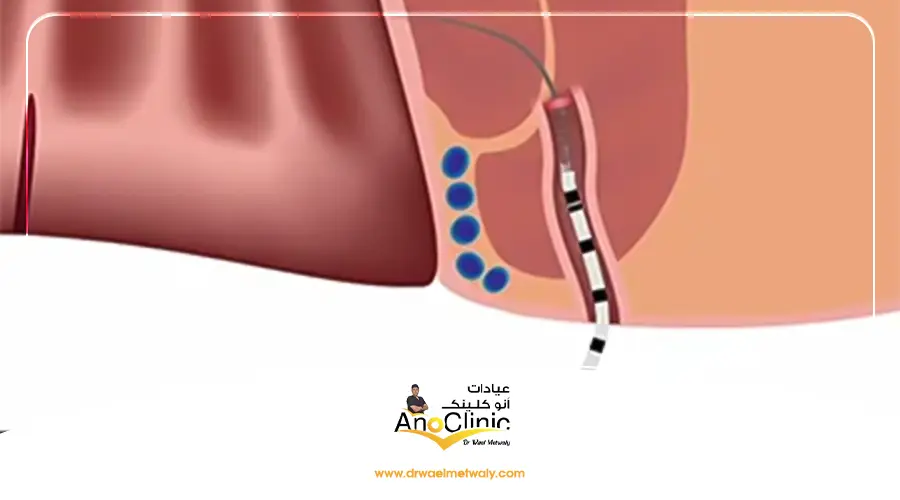Anal fistulas are a complex medical condition that can significantly impact a person’s quality of life. While not a topic commonly discussed, it’s important to shed light on this uncomfortable issue.
What are the causes of an anal fistula?
The problem begins when a bacterial infection occurs in the glands of the anal canal, resulting in the formation of an abscess containing pus in the anal area. After the abscess is drained, either spontaneously or surgically, an empty space remains, forming an open tunnel that serves as the nucleus for the development of an anal fistula. Anal abscesses are the most common cause of anal fistulas.
Other diseases that can lead to an anal fistula include tuberculosis, cancer, Crohn’s disease, sexually transmitted diseases like syphilis, and other conditions.
What are the symptoms of an anal fistula?
Common complaints associated with an anal fistula include:
- recurrent abscesses that reoccur despite treatment.
- pain in the anal area that worsens during bowel movements, often described as a stabbing pain due to the presence of internal pus.
- swelling in the anal area, passing blood or bloody spots with stool.
- discharge of bloody or pus-like secretions from an abnormal opening in the anal area, and a feeling of relief after draining this pus.
A doctor will usually diagnose anal fistulas by inspecting the anal area for an external opening in the skin. Sometimes, the fistula may be visible on the skin’s surface, but additional tests may be necessary.
Tips for managing anal fistula symptoms include:
- increasing fiber content in the daily diet to reduce constipation and improve bowel movement.
- taking laxatives to facilitate the easy passage of stool and prevent it from remaining in the intestines for extended periods
- maintaining personal hygiene measures, avoiding sharing clothes with others, drinking an adequate amount of water daily, and not delaying medical consultation with a doctor to avoid complications.
What is the treatment for an anal fistula?
The treatment depends on the severity and complexity of the fistula. In some cases, the doctor may recommend simple procedures to open and drain the fistula tract. More complex or recurring fistulas may require surgical intervention.
To avoid complications after treatment, it is critical to maintain cleanliness and eat a high-fiber diet. Neglecting treatment can have serious consequences, so it is critical to address the problem as soon as possible.


